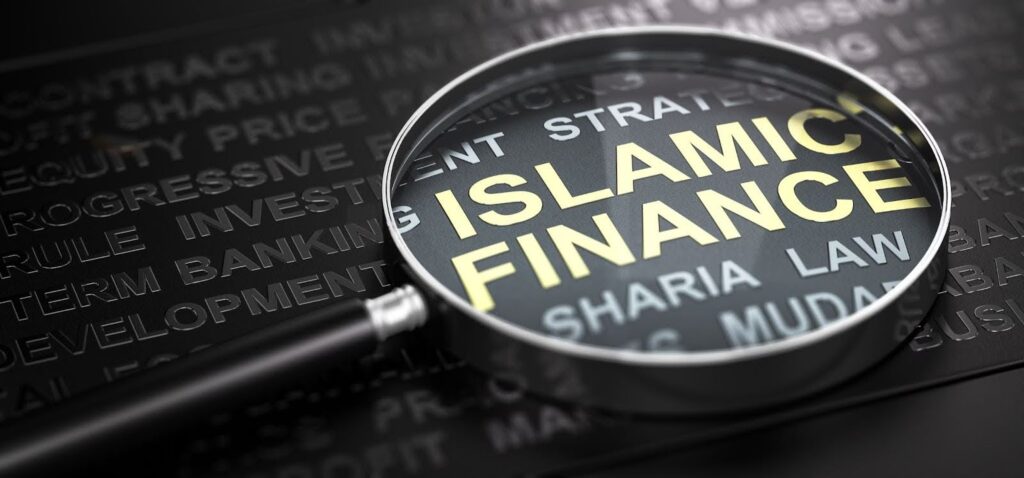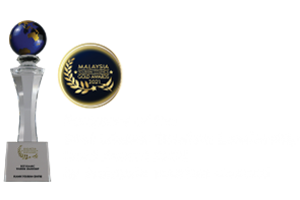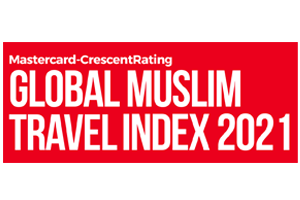Islamic Finance’s Role in Advancing Muslim-Friendly Travel
The convergence of Islamic finance and Muslim-friendly tourism is paving the way for new economic opportunities and sustainable growth. Vice President of the Malaysia-Bosnia & Herzegovina Business Council, Mirza Vejzagic, has highlighted how the rapid development of online Islamic finance platforms and FinTech companies is helping shape the future of Muslim-friendly travel.
According to Vejzagic, these advancements provide a broad array of traditional and innovative financial services, improve transparency, and simplify usage, which boosts customer confidence. They also play a key role in connecting supply chains within the expanding halal industry.
Synergy Between Two Sectors
Vejzagic emphasized that fostering economic collaboration between Islamic finance and the Muslim-friendly travel sector can unlock tremendous growth potential. He suggested several key areas of synergy:
- Collaboration Between Islamic Banks and Tourism Stakeholders: Building strong partnerships and working in unison to create financial products tailored to Muslim travellers.
- Interrelation of Stakeholders: Encouraging cooperation between banks, businesses, communities, governments, and media.
- Infrastructure and Communication Improvements: Upgrading environmental and service infrastructure to better support Muslim travellers.
- Education and Awareness: Promoting halal literacy through seminars, workshops, and exhibitions, particularly focusing on the Muslim-friendly travel industry.
Innovation and Technology: Integrating digital platforms to streamline business processes, enhance relationships, and increase loyalty.
Islamic FinTech and Tourism Collaboration
Several collaborations between Islamic financial institutions and the tourism industry are already underway. For example, to simplify the process of financing Umrah pilgrimages, Hong Leong Islamic Bank Malaysia partnered with Andalusia Travel & Tours. This partnership allows Muslims to use Andalusia’s Umrah packages while benefiting from Hong Leong’s Islamic banking services.
Hong Leong Islamic Bank also offers a range of financial services tailored to Muslim travellers’ needs, such as digital, Shariah-compliant solutions for various lifestyle and travel requirements.
Promising Opportunities in Muslim-Friendly Tourism
Looking ahead, Vejzagic believes that Islamic finance holds immense potential to uplift the Muslim-friendly tourism sector. However, he notes that the full integration of Islamic financial institutions into this space has not yet been fully realized.
“Islamic finance plays a critical role in funding products and supporting the participation of businesses in Muslim-friendly tourism,” said Vejzagic. He explained that much of the existing support is directed toward micro, small, and medium-sized businesses, rather than the broader tourism sector.
He stressed that deeper collaboration between Islamic financial institutions, governments, and business leaders is essential for future progress. Highlighting a successful model, he cited Bosnia Bank International (BBI) in collaboration with USAID’s Developing Sustainable Tourism in Bosnia and Herzegovina project. This initiative positions Bosnia and Herzegovina as a competitive global tourism destination by boosting education, improving access to finance for halal businesses, and enhancing tourism branding.
A Path to a Sustainable Ecosystem
Vejzagic concluded that a holistic approach—linking governments, Islamic banks, and tourism players—is the way forward. Such partnerships can drive Muslim-friendly tourism products, services, and infrastructure to greater heights. Hotels, public-private partnerships, and financial services tailored to Muslim needs are just a few examples of how the ecosystem could flourish.
“With closer integration, Islamic finance can be the foundation for a vibrant and sustainable Muslim-friendly tourism industry,” Vejzagic affirmed.






